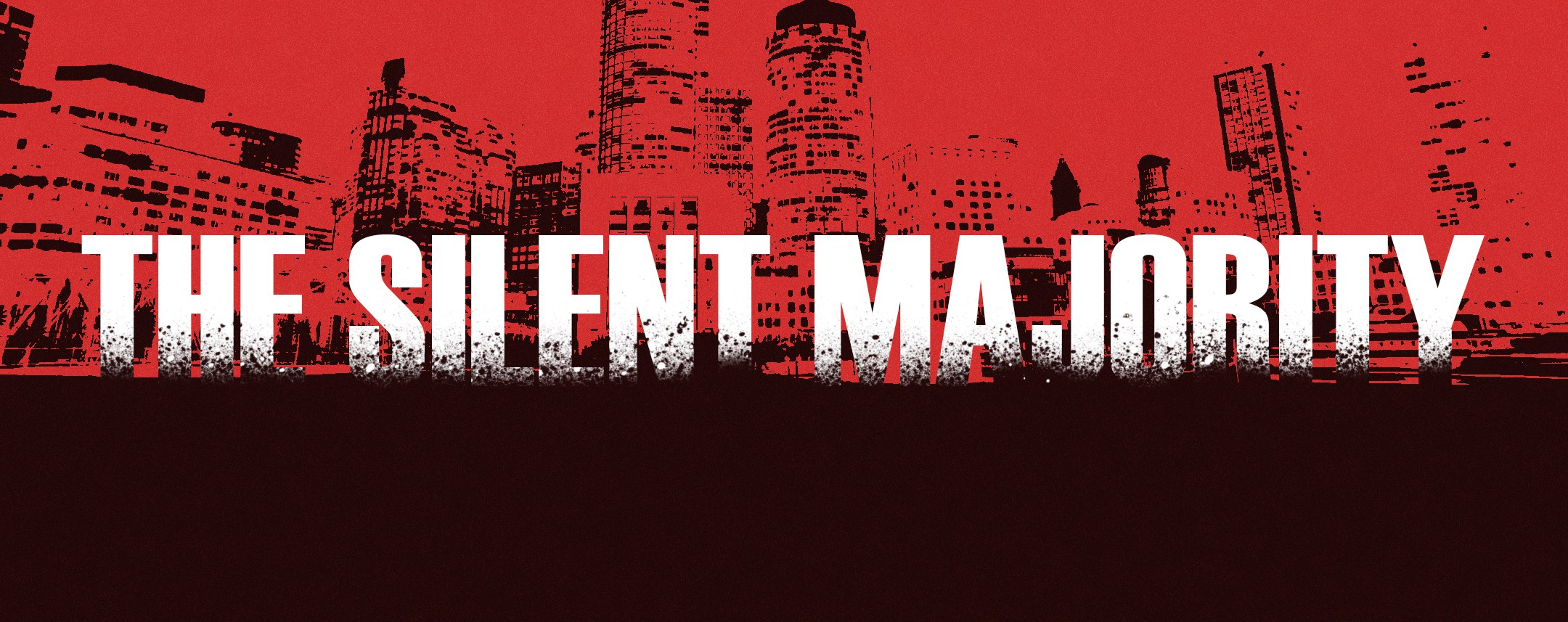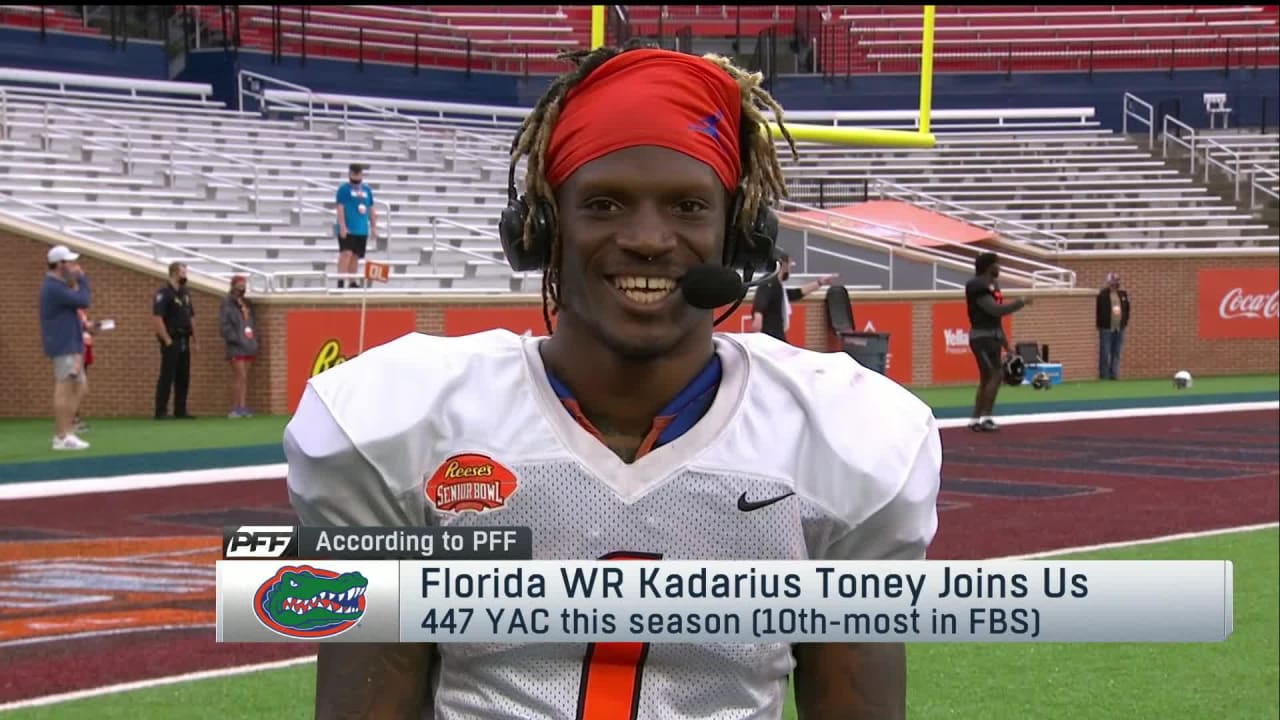Christian Walker: The Fearless Voice of the Silent Majority, explores the controversial public figure and his significant impact on conservative political discourse. This analysis delves into Walker’s communication style, key messages, and the concept of the “silent majority” he champions. We examine the reactions and criticisms leveled against him, assessing his influence and potential long-term effects on the political landscape.
The piece dissects Walker’s strategic use of social media, comparing his approach to other prominent conservative voices. We analyze his core arguments, policy positions, and the rhetorical devices employed to engage his target audience. A critical examination of the public’s response, including counterarguments and criticisms, provides a balanced perspective on Walker’s impact and the ongoing debate surrounding his pronouncements.
Christian Walker’s Public Persona
Christian Walker, son of Herschel Walker, has cultivated a distinct public image characterized by unapologetically conservative views and a confrontational online presence. His brand is built on a perceived authenticity, directly addressing what he frames as the concerns of a neglected segment of society. This approach often involves provocative statements and the strategic use of social media platforms.
Christian Walker’s Communication Style
Walker’s communication is marked by a direct, often aggressive tone. He frequently utilizes emotionally charged language and employs a variety of platforms, primarily Twitter and Instagram, to reach his audience. His messages consistently center on themes of traditional values, religious faith, and opposition to what he perceives as liberal excesses. Compared to other prominent conservative figures, Walker’s style is more overtly confrontational and less reliant on traditional political rhetoric.
He eschews carefully crafted statements in favor of immediate, often impulsive responses to current events. This contrasts with figures like Ben Shapiro, who favor reasoned debate, or Tucker Carlson, who employs a more subtly manipulative style.
Social Media Engagement Metrics
A quantitative analysis of Walker’s social media engagement reveals a significant following, particularly on Twitter. While precise numbers fluctuate, his accounts consistently demonstrate high levels of interaction, including retweets, likes, and comments, reflecting a dedicated and engaged audience. However, this engagement also often includes significant criticism and negative responses.
| Platform | Followers (Approximate) | Average Engagement Rate (Approximate) | Dominant Sentiment |
|---|---|---|---|
| 500,000+ | High (varies significantly per post) | Mixed (high positive and negative) | |
| 200,000+ | Moderate to High | Mixed (high positive and negative) | |
| Data unavailable | Data unavailable | Data unavailable | |
| Other Platforms | Limited presence | Low | Data unavailable |
Walker’s Core Messages and Arguments
Walker’s central arguments consistently revolve around the preservation of traditional values and a rejection of what he perceives as progressive ideologies. He frequently advocates for policies aligned with conservative principles, emphasizing religious freedom, limited government, and a strong national defense. His target audience is largely composed of young conservatives and those who feel disenfranchised by mainstream political discourse.
He utilizes rhetorical devices such as appeals to emotion, personal anecdotes, and the creation of an “us vs. them” narrative to persuade his audience. His most impactful statements often involve direct attacks on prominent figures or institutions he perceives as adversaries.
Examples of Impactful Statements
While specific examples require careful sourcing and verification to avoid misrepresentation, impactful statements frequently emerge from his immediate responses to current events, leveraging his large social media following to quickly disseminate his views. These responses often focus on perceived hypocrisy or inconsistencies among his perceived opponents, creating viral moments that amplify his message and generate significant engagement, regardless of whether the statements are factually accurate or ethically sound.
The “Silent Majority” Concept in Walker’s Rhetoric: Christian Walker: The Fearless Voice Of The Silent Majority
Walker’s use of the “silent majority” is a rhetorical device employed to represent a demographic he believes is overlooked and marginalized in mainstream political narratives. He typically includes conservative-leaning individuals who feel their values are under attack and that their voices are not adequately represented in the public sphere. This group, according to Walker, harbors concerns about issues such as religious freedom, the erosion of traditional values, and what they perceive as excessive government regulation.
Compared to previous uses of the term, Walker’s definition is less focused on a specific political stance and more centered on a perceived cultural alienation and the feeling of being unheard.
Visual Representation of the “Silent Majority”, Christian Walker: The Fearless Voice of the Silent Majority
A visual representation of Walker’s “silent majority” could depict a diverse group of individuals—young and old, from various ethnic backgrounds—united by a shared sense of concern. The image might feature subtle visual cues representing their shared values, such as images suggesting faith, family, and patriotism. A background featuring muted colors could symbolize their feeling of being overshadowed or unheard.
The overall impression should be one of quiet strength and determination, conveying the idea of a powerful group currently operating outside of mainstream political discourse.
Remember to click Behind the Scenes: Exclusive Access to Rich Rodriguez’s Coaching Philosophy to understand more comprehensive aspects of the Behind the Scenes: Exclusive Access to Rich Rodriguez’s Coaching Philosophy topic.
Reactions and Criticisms of Walker’s Statements

Walker’s public statements have generated significant controversy and elicited strong reactions from various groups. Prominent critics frequently cite factual inaccuracies, ethical concerns, and the inflammatory nature of his rhetoric. These criticisms can be broadly categorized into challenges to the accuracy of his claims, concerns about his use of divisive language, and accusations of hypocrisy or double standards.
Key Criticisms of Christian Walker
- Factual Inaccuracies: Critics often point to instances where Walker’s statements contain demonstrably false or misleading information.
- Ethical Concerns: His aggressive rhetoric and personal attacks have drawn accusations of bullying and harassment.
- Rhetorical Strategies: The use of emotionally charged language and divisive rhetoric is criticized for fostering polarization and hindering productive dialogue.
- Source: Various news outlets, fact-checking organizations, and social media commentators have offered critiques.
The impact of these criticisms on Walker’s public image is mixed. While some find his directness refreshing, others view it as damaging and ultimately counterproductive to his stated goals.
Walker’s Influence and Impact

Christian Walker’s reach extends far beyond his immediate social media following. His statements have been amplified by various news outlets and conservative media organizations, contributing to the broader political discourse. While quantifying the precise impact is challenging, his provocative pronouncements have undoubtedly influenced the conversation around certain issues, particularly within conservative circles. His influence, though significant, is arguably less extensive than that of established figures like Donald Trump or prominent conservative commentators.
Examples of Walker’s Influence
His statements have been referenced and utilized by other individuals and organizations, demonstrating their resonance within a segment of the population. For example, specific phrases or talking points from his social media posts have been echoed by other conservative voices, illustrating their uptake and dissemination within the online ecosystem. This demonstrates the impact of his ability to create viral moments that shape the conversation, albeit often in a contentious manner.
Christian Walker’s emergence as a prominent conservative voice has undeniably shaped political discourse, sparking both fervent support and intense criticism. This examination reveals a complex figure whose messaging resonates with a specific segment of the population while simultaneously provoking significant controversy. The long-term implications of his influence remain to be seen, but his impact on the current political climate is undeniable, prompting continued analysis and debate.



